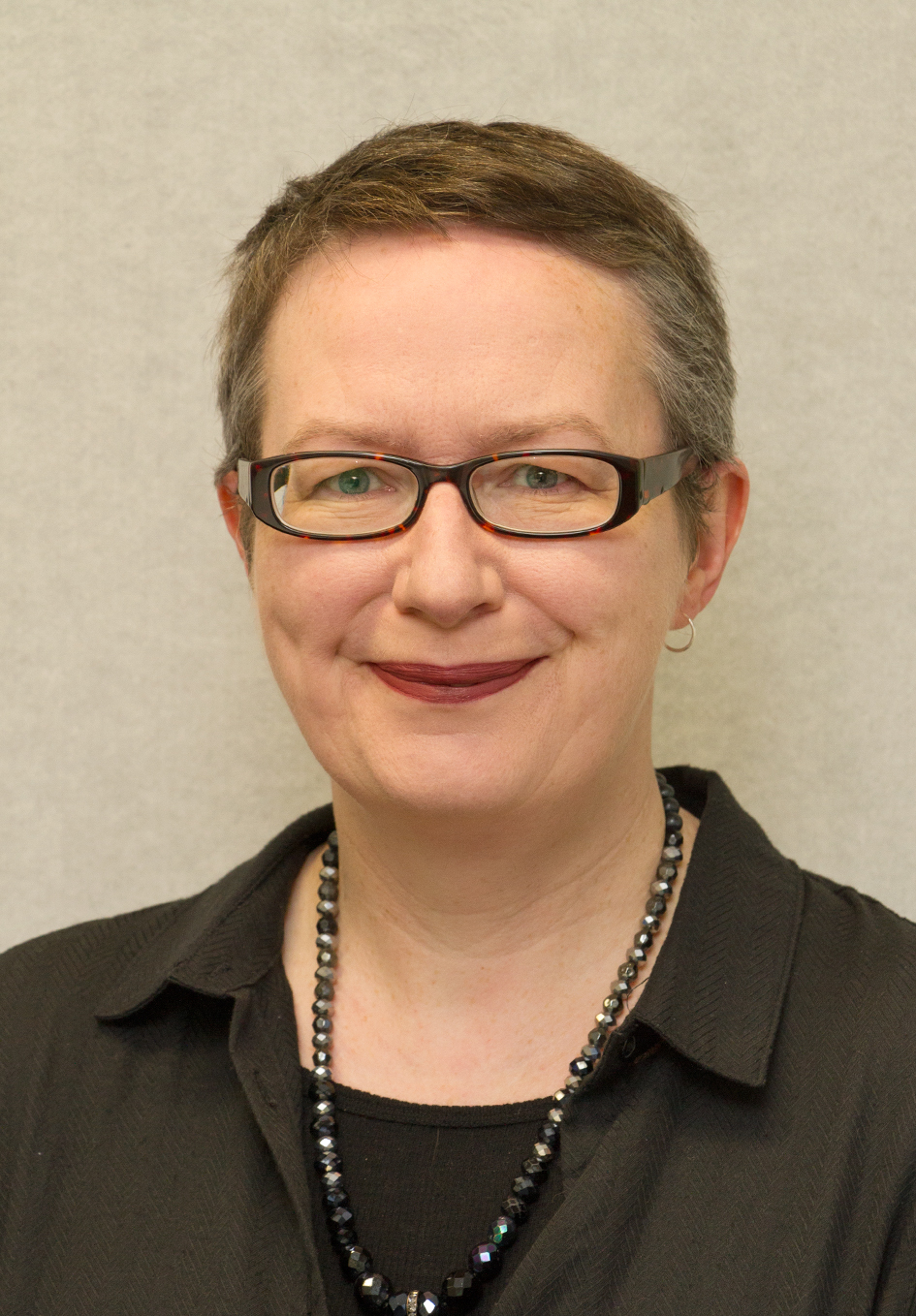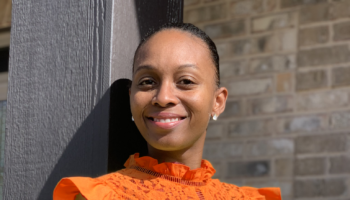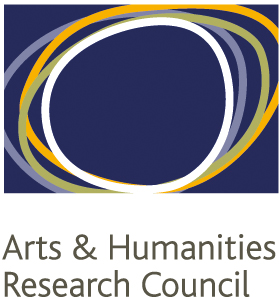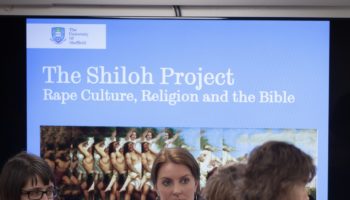Our third interview to mark the UN’s 16 Days of Activism against Gender Based Violence is from co-director Caroline Blyth, senior lecturer in Religious Studies at the University of Auckland.
Tell us about yourself…who are you and what do you do?
I’m a lecturer in Religious Studies at the University of Auckland, and also participate in the Gender Studies programme there too. My teaching reflects my research to a great extent, and I focus on religion in popular culture, with a particular interest in issues of religion, gender and sexuality – how do religious communities and traditions impact socio-cultural perceptions of gender and sexuality? I also co-organize a student engagement project in the Faculty of Arts, which is called Hidden Perspectives: Bringing the Arts Out of the Closet. It’s a project inspired by the original Hidden Perspectives project developed by the fabulous folks at Sheffield Institute for Interdisciplinary Biblical Studies at the University of Sheffield. With Hidden Perspectives Auckland, we have created an inclusive academic and social community for queer students at the University, where they can get involved in queering the Arts and making their voices heard.
What’s your involvement with The Shiloh Project?
As Katie and Johanna have explained in their own interviews, the Shiloh Project is something Katie and I had spoken about starting quite a while ago, but we were able to push ideas into practice when we met up with the indomitable Johanna and some other wonderful colleagues (Emma Nagouse, Valerie Hobbs, and Jessica Keady) last year at a meeting in Leeds. So along with Katie and Johanna, I help run the Shiloh Project, and I couldn’t be prouder to be part of such an important project, or to work with such wonderful colleagues.
How does The Shiloh Project relate to your work?
A lot of my work to date has focused on gender violence in sacred texts, particularly the ways that biblical depictions of gender violence can echo the still very prevalent myths and misperceptions around gender violence that sustain contemporary rape cultures. When I started my PhD thesis on the rape of Dinah (Genesis 34) back in 2005, I fully expected to be discussing the ways that social attitudes towards sexual violence had ‘moved on’ and become far more informed compared to biblical discourses of rape. But alas, I soon discovered this was not the case. And what frustrates me is that so many of the biblical traditions that do present really problematic ideologies around gender and gender violence are either ignored or excused by both religious communities and academic biblical scholars – as though their ‘sacred’ status rendered them beyond our critique. But, given how powerful the Bible remains as a religious and cultural text in global contemporary cultures, its problematic texts and traditions (which appear to endorse rape-supportive ideologies) urgently need to be addressed and discussed in both academic and wider public forums. Because these texts do still play a role in the world today, shaping popular perceptions about gender violence and granting validity to some really damaging discourses around rape and rape culture.
How do you think The Shiloh Project’s work on religion and rape culture can add to discussions about gender activism today?
I think that a massive strength of the Shiloh Project is that it rescues religious studies and biblical studies from the confines of the academy and offers academics, students, and interested members of the public an accessible (but still academically-rigorous) platform to talk openly and engagingly about a topic that remains so taboo. It’s not doing work that only a handful of like-minded academics can understand, but is really motivated to widening the discussion and fostering a sense of community and activism in which people both inside and outside the academy can participate. I think this is both vital for the future health of religious studies as an academic discipline, but also crucial to every academic’s role as critic and conscience of society and their responsibility is to make a difference – in my case, by tackling gender violence and encouraging activism that will make the world a safer and more inclusive place.
What’s next for your work with The Shiloh Project?
I have two future projects in mind at the moment. I’m hoping to work with my colleague in Auckland, Emily Colgan (a fellow Project Shiloh member), on the problematic depictions of gender roles and relationships in conservative Christian literature, particularly ‘self-help’ literature and fiction. This is an incredibly popular and prolific genre, and what I’ve come across has fascinated (and appalled) me as to its re-inscription of traditional gender roles, as well as its perpetuation of some very common rape-supportive discourses.
I’m also currently focusing on a slightly different strand of gender violence, and that is the symbolic and structural violence of transphobia sustained by religious rhetoric (particularly conservative Christian rhetoric). There’s been a huge flurry of concern among conservative Christian communities around, what they term, the ‘transgender debate’. To my mind, this ‘debate’ essentially denies the existence of authentic trans identities and works to exclude trans people from the human community. Some of the discourses evoked in these discussions are really toxic, and play a significant role in perpetuating or validating the alarmingly high rates of transphobic violence that trans people have to live with on a daily basis. I’m wanting to interrogate this ‘transgender debate’ and highlight its potential for sustaining violence, not to mention its problematic engagements with sacred texts, theologies, and traditions. I hope too that my work can inspire some timely and urgent dialogues of reconciliation between queer and religious communities. A tall order, but I’m intent on gradually chipping away at the homophobic and transphobic edifices that remain so prevalent in many religious communities today.






